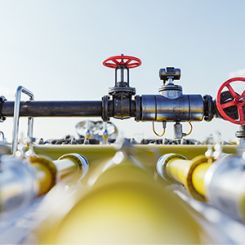The tariffs on industrial metals from Mexico and Canada were lifted by President Donald Trump on May 17, according to a report from The Washington Post. As part of the deal, the two countries agreed to “monitoring and enforcement measures to prevent subsidized Chinese steel from being shipped to the United States” through their territories, The Washington Post said. This move may pave the way for Trump’s North American trade deal—the United States-Canada-Mexico Agreement—to move forward, the article said. This plan was announced soon after Trump directed Robert E. Lighthizer, a trade negotiator, to work toward agreements to limit auto exports by the European Union and Japan to the U.S. Last week Trump also worked toward imposing tariffs on all Chinese imports, The Washington Post said. This could raise the price of consumer goods such as computers and tariffs. Now that the deal has been reached with Canada and Mexico, Trump is expected to turn his attention to talks with China, which have been in a holding pattern.

- stainless steel oil and gas pipeline pipes
- pipes for other steel, petroleum and natural gas
- seamless casing and conduits for drilled petroleum or natural gas made of stainless steel
- seamless border tubes for iron/steel
- stainless steel tubes
- seamless steel alloys
- steel casings and alloys

